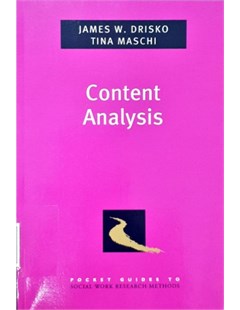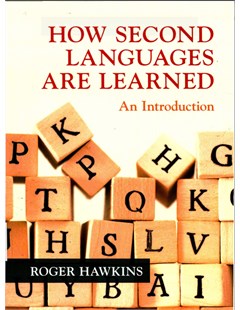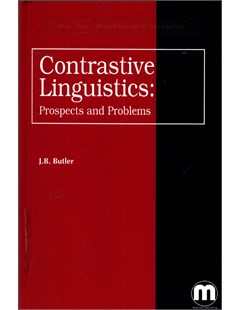Content Analysis
Introduction, basic Content Analysis, Interpretive Content Analysis, Qualitative Content Analysis, Enhancing Rigor in Content Analysis Studies and Reports, Content Analysis for Public Awareness and Advocacy; A case Example Applying Basic and Interpretive Content analysis to Newly Collected Data
2016
The aim of this Pocket Guide is to distinguish and examine three approaches to content analysis. Many researchers think of “basic content analysis” as a quantitative research method, which is an accurate but limited understanding. Researchers do use word counts as a core analytic technique in basic content analysis. However, researchers also use content analysis without statistical analyses in approaches called “interpretive content analysis” and “ qualitative content analysis”. In these two approaches, researchers focus on narratively describing the meaning of communications, in specific contexts, rather than on using quantitative word counts. These three varying approaches to content analysis have several similarities and some striking differences. They vary in the ways researchers conceptualize content and employ methods for collecting, coding and analyzing data.
Contents:
James W. Drisko. Content Analysis. Oxford University Press, 2016.
 |  |  | |
| How Second Languages are Learned: An Introduction | Contrastive linguistics: Prospects and problems |
Thứ Hai, 10:00 09/05/2022
Copyright © 2018 Hanoi University of Industry.